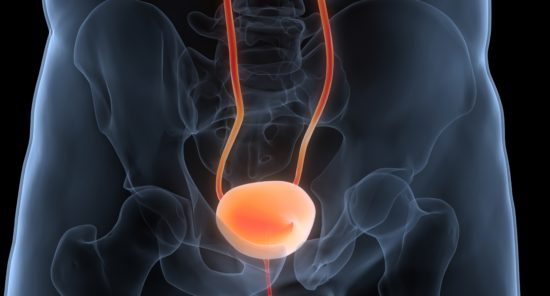Researchers investigated the potential role of the autotaxin (ATX)-lysophosphatidic acid (LPA) axis in hepatic encephalopathy (HE), a neurological condition associated with severe liver disease, in mice with thioacetamide (TAA)-induced acute HE. The results showed that ammonia exposure, characteristic of HE, led to changes in astrocyte behavior and LPA production. Inhibiting ATX with HA130 reduced astrocyte volume and LPA levels and suppressed the release of the inflammatory chemokine CCL3. Additionally, the severity of HE was improved, and immune cell infiltration in the liver and intestine was decreased. Researchers concluded that the ATX-LPA axis contributes to the development of hepatic encephalopathy and that inhibiting ATX can be beneficial in alleviating its effects.
Reference: Sepehrinezhad, A., Shahbazi, A., Joghataei, M.T. et al. Inhibition of autotaxin alleviates pathological features of hepatic encephalopathy at the level of gut–liver–brain axis: an experimental and bioinformatic study. Cell Death Dis 14, 490 (2023) https://doi.org/10.1038/s41419-023-06022-5.









